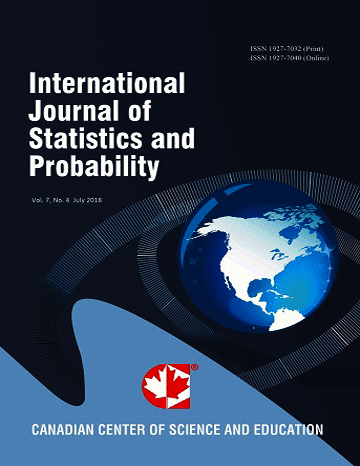Allocating Multiple Patients at a Time in Multiple-Objective Response-Adaptive Repeated Measurement Designs
- Yuanyuan Liang
- Keumhee Carriere
Abstract
An adaptive allocation rule was previously proposed to build response-adaptive repeated measurement designs that accommodate multiple objectives. Such designs are desirable because they increase both estimation precision and treatment benefit by assigning more patients to a better treatment sequence, but it still leaves something to be desired. In particular, the rule may not be practically useful because responses from all existing patients may not become available by the time a new patient is enrolled for experimentation. In this paper, we extend the allocation strategy from allocating a single patient at a time (one-step look ahead) to allocating several patients at a time (multi-step look ahead). Through the simulations on two-treatment three-period designs, we demonstrate that, with carefully chosen design parameters, adaptive designs are still more efficient than the fixed design \emph{ABB/BAA} in terms of the mean squared error, and at the same time they maintain well-balanced patient care, even when we allocate two patients at a time. In addition, we observe that there is a curvature relationship between the design efficacy and the sample size in the initial stage of a response-adaptive design.
 PDF
PDF
